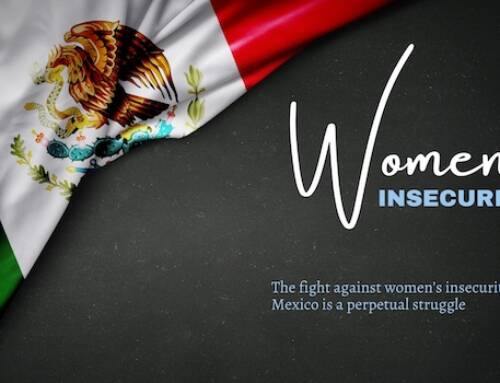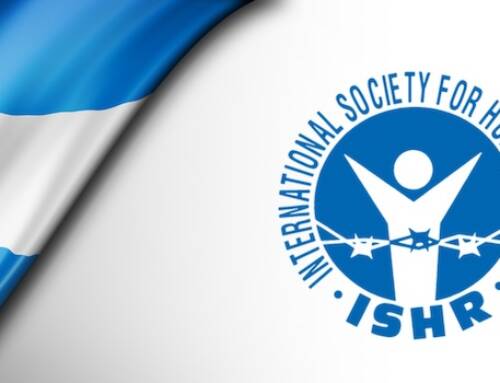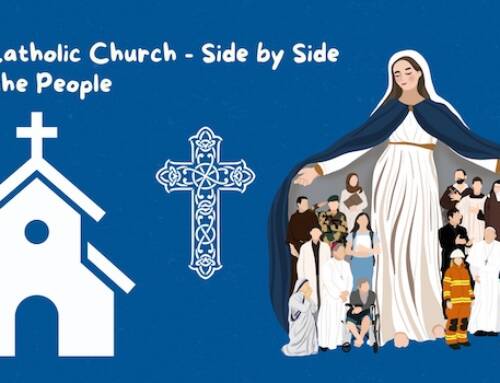NORTH & SOUTH AMERICA

Human Rights Work in Cuba
For Freedom and Fundamental Human Rights
The ISHR has monitored and criticised the human rights situation in many countries since its foundation in 1972. All countries with a bad human rights record, especially the Soviet Union, the People’s Republic of China, Cuba, Vietnam and North Korea have been under observation at all times. Unfortunately, there has always been every reason to criticise their human rights records.

Oppositional voices in Cuba: Jorge Luís García Pérez “Antúnez” and Normando Hernandez Gonzalez
Cuba has been under observation since 1977. Since then the ISHR cooperated with the Pan American Committee of the ISHR, which is based in Miami in order to improve the human rights situation in Cuba. Ricardo Bofill, the founder and former head of the Committee, is until today the primary correspondent for the ISHR in Miami. Since 1977, the ISHR has frequently informed about the human rights situation in Cuba by means of press briefings, several documents and articles in the quarterly ISHR-publication “Menschenrechte” (Human Rights) as well as by organising press conferences. Moreover, during the last years, the ISHR has developed and published adverts, radio commercials, as well as posters and postcards.
At present, the ISHR largely cooperates with different human rights organisations, based in the United States and Europe. Those include the Center of a Free Cuba, the Directorio Democratico Cubano, Mothers and Women against Repression, the Coalition of Cuban American Women, as well as such media as Radio Marti, Cubanet, Puente Info Cuba and Net for Cuba.
In 2000, the ISHR declared Jorge Luís García Pérez “Antúnez”, a Cuban political dissident, who was sentenced 1990 to 17,5 year of imprisonment, to be an honorary member of ISHR. 2006 the journalist Normando Hernandez Gonzalez, sentenced 2003 to 25 years of detention, also became an honorary member. Since 2002, the German ISHR section is also building a database on political prisoners in Cuba. This database includes information about more than 300 political prisoners, currently imprisoned in Cuba.
Since 2004 the ISHR Germany is further developing a “tourism campaign” in order to raise awareness of the human rights situation in Cuba in collaboration with travel agencies. If you are interested in further information concerning this campaign, please contact us.
From August until December 2005 the exhibition “Fields of Shame” demonstrated human rights violations mainly in Cuba but also in the People’s Republic of China, Tibet, North Korea and Burma. The exhibition was on display in 38 cities all over Germany. For every opening, ISHR invites politicians, members of parliament and the media to present the goals of the exhibition and the work of the ISHR.
Furthermore, the ISHR has started to organise political sponsorships – members of parliament from the German Bundestag as well as German-speaking members of the European Parliament take responsibility for Cuban prisoners and support their families. In this the ISHR also collaborates with politicians from other European states, especially from Austria and Switzerland. Since March 2005, the ISHR is also running a campaign for Cuban journalists that are currently imprisoned. German journalists report about the fate of their Cuban colleagues and the living conditions in Cuban prisons.
Since 2005 the ISHR is furthermore publishing the “Cuba Report”. This magazine informs about the human rights situation in Cuba and is, as well as our media and press information leaflets, distributed to the public, mainly to politicians and the media. Some humanitarian work in Cuba completes the picture but our main focus is on political aspects.
In November 2006 the ISHR filed a complaint on the basis of the UN Resolution 1503 against Cuba to the UN Human Rights Council. The ISHR reproves in its complaint the Cuban legislation, arbitrary detentions, torture and unfair summary proceeding against civil rights activists and journalists criticizing the regime.





